Where is Cocaine Legal? Global Laws Explained
Did you know that the global cocaine market is concentrated in the Andean-Amazonian region of South America? With the majority of users located in the Americas and Europe, the impact of this illicit drug is widespread and far-reaching.
Cocaine is a controlled substance that is subject to international drug laws, with the United Nations playing a crucial role in shaping global drug control policies. In this article, we will delve into the legality of cocaine around the world, exploring the approaches taken by different countries and regions.
Key Takeaways:
- Global cocaine market is concentrated in the Andean-Amazonian region of South America.
- The United Nations has developed treaties that classify cocaine as a highly addictive substance.
- European Union member states can implement their own approaches to cocaine control.
- The United States has varying legislation on cocaine due to disparate state policies.
- Latin American countries have started to shift towards decriminalization and harm reduction.
The United Nations’ Approach to Cocaine Control
The United Nations (UN) plays a crucial role in global drug control and shaping drug policies worldwide. In the case of cocaine, the UN has developed three major treaties that outline the international framework for its regulation and control.
These drug treaties classify cocaine as a highly addictive substance with little to no medical value. As a result, signatory countries are required to criminalize the unauthorized production, distribution, and possession of cocaine.
The United Nations Office on Drugs and Crime (UNODC) and the International Narcotics Control Board (INCB) are responsible for monitoring and enforcing these drug treaties. The UNODC provides valuable research, analysis, and support to countries in their efforts to combat drug trafficking and implement effective drug control strategies.
To promote global drug policy coherence, the UNODC works closely with member states, international organizations, and civil society to address the multifaceted challenges posed by drug abuse and illicit drug trafficking.
By taking a comprehensive and collaborative approach, the United Nations aims to minimize the negative impact of drugs, including cocaine, on individuals, communities, and societies at large.
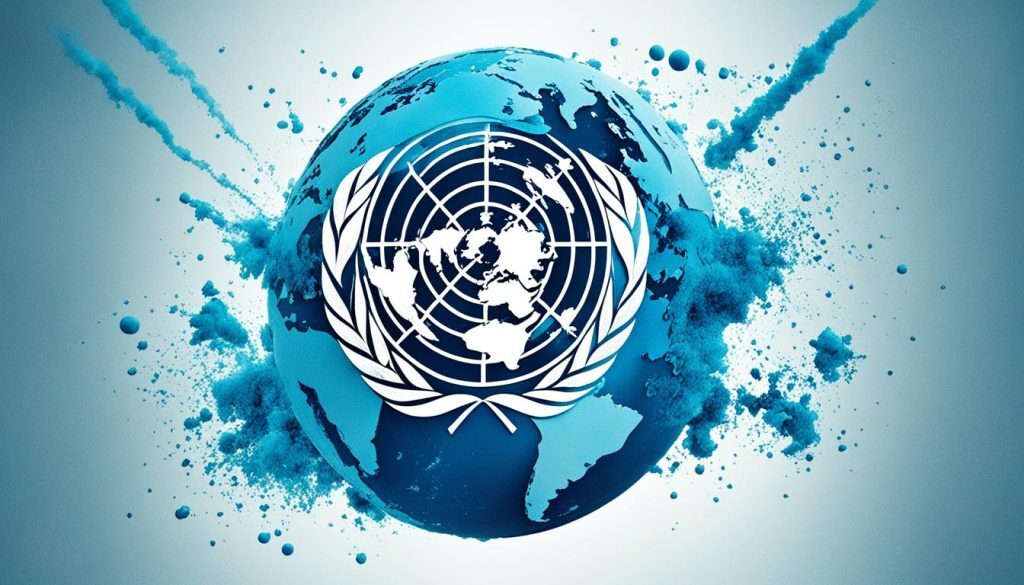
The European Union: A Unified Approach with Room for Flexibility
When it comes to drug policies, the European Union (EU) takes a unified approach while allowing room for flexibility among its member states. The EU adopts the United Nations’ drug control conventions as a basis for its drug policies. However, individual member states have the autonomy to implement their own approaches to address drug-related issues.
In the United Kingdom (UK), cocaine is classified as a Class A drug, reflecting its high potential for harm and abuse. The UK has strict penalties for the possession, supply, and production of cocaine, aiming to deter its use and trafficking within its borders.
On the other hand, Portugal has taken a different approach to drug policy. In 2001, Portugal implemented a groundbreaking drug policy reform, decriminalizing the use and possession of small quantities of all drugs, including cocaine, for personal consumption. Instead of criminalizing drug users, Portugal focuses on harm reduction and providing healthcare services to those struggling with addiction.
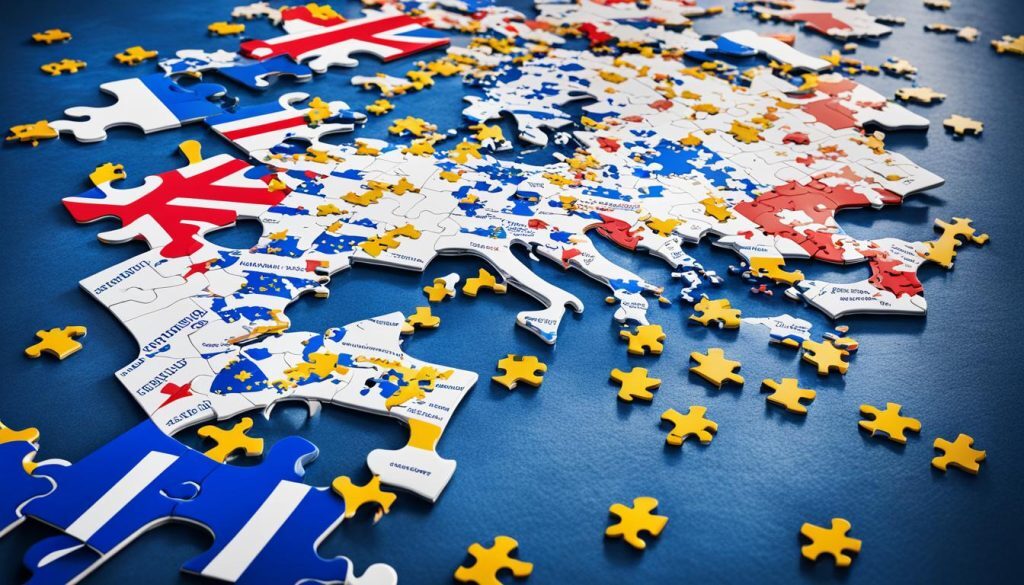
Cocaine Laws in the UK
In the UK, cocaine laws are stringent to combat the social and health consequences associated with its use. The possession, supply, and production of cocaine are considered criminal offenses under the Misuse of Drugs Act 1971. Offenders may face severe penalties, including imprisonment and hefty fines.
Portugal’s Drug Policy Reform
Portugal’s drug policy reform aimed to address drug addiction as a public health issue rather than a criminal matter. The country shifted its focus from punitive measures to a comprehensive approach that emphasizes prevention, harm reduction, and treatment services. The decriminalization of small quantities of all drugs, including cocaine, has paved the way for a more inclusive approach to drug addiction.
| Aspect | United Kingdom | Portugal |
|---|---|---|
| Classification of Cocaine | Class A drug | Decriminalized for personal use |
| Possession | Illegal | Decriminalized for small quantities |
| Supply | Illegal | Illegal |
| Production | Illegal | Illegal |
| Approach | Punitive | Harm reduction and healthcare focus |
The United States: A War on Drugs and Disparate State Legislation
The United States has long been known for its punitive drug policies, most notably the “War on Drugs.” Under federal law, cocaine is classified as a Schedule II substance, signifying its potential for abuse and limited medical uses. As such, the distribution and possession of cocaine are subject to strict regulations at the national level.
However, what sets the United States apart is its system of state legislation, which grants individual states the autonomy to shape their own drug policies within the confines of federal law. This has led to a patchwork of varying legislation and consequences across the country when it comes to cocaine and other controlled substances.
While some states adhere closely to federal guidelines and maintain stringent penalties for cocaine offenses, others have adopted more progressive approaches. For instance, some states have implemented drug rehabilitation programs and diversion initiatives, recognizing the importance of addressing addiction as a public health issue rather than solely relying on incarceration.
Furthermore, a growing number of states have taken steps towards decriminalization and even legalization of recreational marijuana, signaling a shift in attitudes towards drug policy. These developments highlight the complexities and divergent perspectives within the United States’ approach to drug regulation.
Despite these state-level variations, it is crucial to note that federal laws take precedence in drug enforcement. This means that individuals caught in possession of cocaine or engaging in its distribution may face federal charges, even in states with more lenient drug policies.
Overall, the United States’ drug policy landscape regarding cocaine reflects a dichotomy between federal regulations and state-level legislation. As the ongoing conversation around drug policy continues to evolve, finding a balance between addressing public health concerns, reducing drug-related harms, and enforcing the law remains a complex challenge.
Latin America: A Shift Towards Decriminalization and Harm Reduction
In recent years, Latin American countries have been grappling with the challenges posed by the illegal drug trade, particularly cocaine production and trafficking. As major producers of cocaine, these countries have faced significant drug-related violence and corruption. In response, some nations in the region have begun to shift from punitive approaches to more progressive drug policies that prioritize harm reduction.
One notable example is Colombia, which has taken steps towards decriminalization and harm reduction. While the production and distribution of cocaine remain illegal, Colombia allows indigenous communities to cultivate and consume coca for traditional purposes. This approach acknowledges the cultural significance of coca leaf while implementing strict controls to prevent the production and distribution of cocaine.
Another country with a unique stance on drug policy is Bolivia. Bolivia maintains its position on legalizing the coca leaf, recognizing its cultural, historical, and traditional uses. However, the production and distribution of cocaine are strictly regulated and prohibited. This approach acknowledges the importance of the coca leaf while addressing the risks associated with the illicit drug trade.
These shifts towards decriminalization and harm reduction in Latin America highlight a growing recognition of the need for alternative approaches to drug policy. By focusing on harm reduction strategies and acknowledging the cultural significance of coca leaf, countries like Colombia and Bolivia aim to address the complex issues posed by the drug trade while minimizing the negative consequences for their societies.
Asia-Pacific: Harsh Penalties and the Death Penalty for Drug Offenses
Drug policies in the Asia-Pacific region are known for their strictness and harsh penalties imposed for drug-related offenses. Two countries, in particular, stand out for their stringent approach – China and Singapore.
China: China has a zero-tolerance policy when it comes to drug trafficking, including cocaine. Offenders found guilty of major drug offenses, such as large-scale trafficking, can face severe consequences, including the death penalty. This strict approach reflects China’s commitment to combatting the drug trade and protecting its citizens from the harmful effects of illicit substances.
Singapore: Singapore is renowned for having some of the world’s toughest drug laws. Possession or trafficking of cocaine in Singapore carries heavy penalties, including long prison sentences and, in some cases, the mandatory death sentence for significant quantities. Singapore’s strict stance on drug offenses is aimed at maintaining a safe and drug-free society.
Drug Policies in the Asia-Pacific Region
While China and Singapore have the most stringent drug policies in the region, other countries in the Asia-Pacific follow suit by implementing strict measures to combat drug-related issues. These policies often prioritize deterrence and punishment as a means to eradicate drug abuse and trafficking.
It is essential to note that the effectiveness of these approaches may vary, and there are ongoing debates around the impact of such strict drug laws on crime rates, public health, and human rights. Critics argue that these policies may disproportionately target vulnerable populations and hinder access to effective harm reduction strategies.
Nevertheless, the Asia-Pacific region remains steadfast in its commitment to combating drug-related problems through stringent drug policies.
Stay tuned for the next section, where we’ll explore the diverse drug policies in Africa, reflecting unique socioeconomic and cultural contexts.
Africa: Diverse Drug Policies Reflecting Socioeconomic and Cultural Contexts
African countries have established drug policies that are shaped by their unique socioeconomic and cultural circumstances. These policies vary widely across the continent, reflecting the diverse approaches taken to address the complex issue of drug use and trafficking.
In South Africa, there have been significant movements towards harm reduction and decriminalization. The country is considering the decriminalization of drug use and possession for personal consumption, recognizing the need to shift towards a more compassionate and public health-focused approach.
On the other hand, Nigeria maintains stringent drug laws with severe penalties for cocaine offenses. However, the country is grappling with a growing drug problem that demands a closer look at its current policies. With rising drug use and increased drug trafficking, there is a potential for Nigeria to reassess its drug laws and explore alternative strategies that address the root causes of drug-related issues.
The diverse drug policies across Africa serve as a reminder that a one-size-fits-all approach is ineffective when it comes to addressing drug-related challenges. Each country must consider its own unique circumstances and work towards evidence-based policies that prioritize public health, harm reduction, and socioeconomic factors.
- The Role of Police in Community Safety & Unity - October 6, 2025
- Quebec Police Officer Salary Insights 2023 - July 13, 2025
- Canada Arrest Protocol: What Police Say Upon Arrest - June 12, 2025
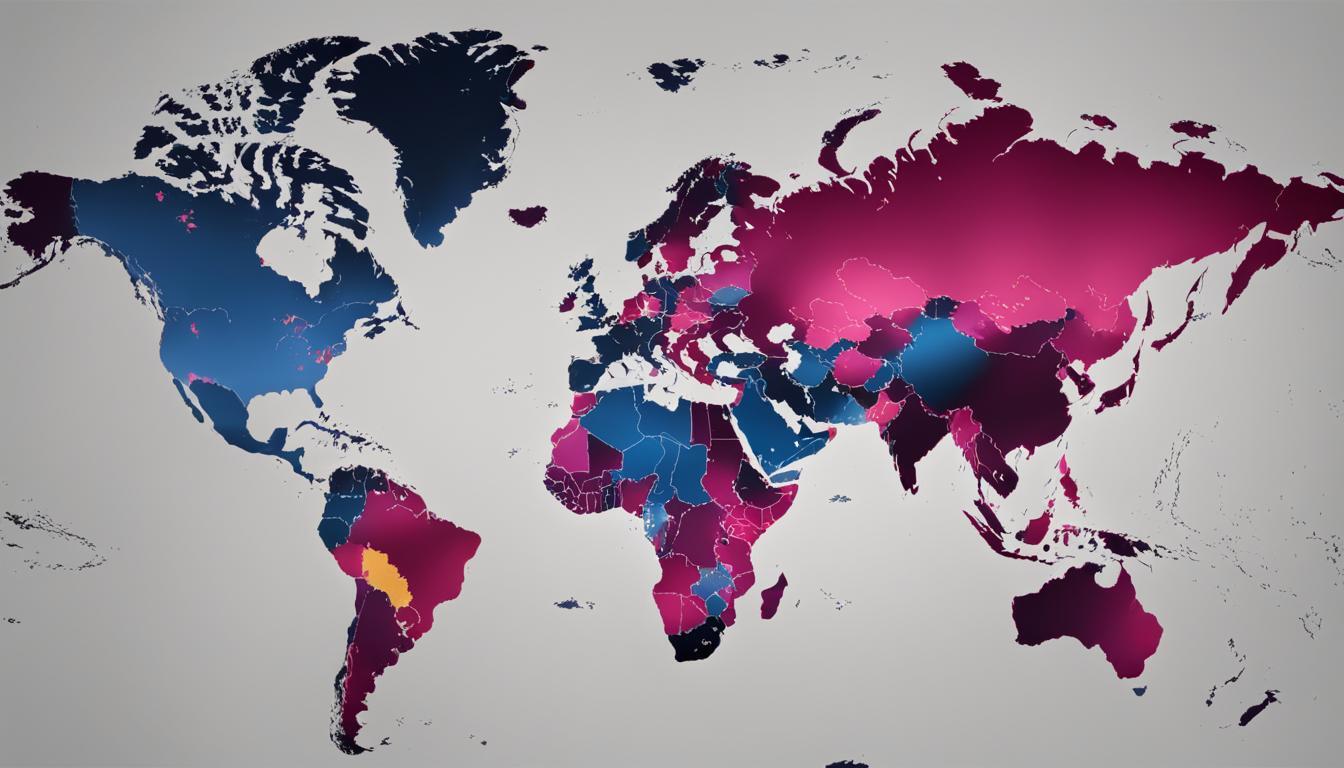


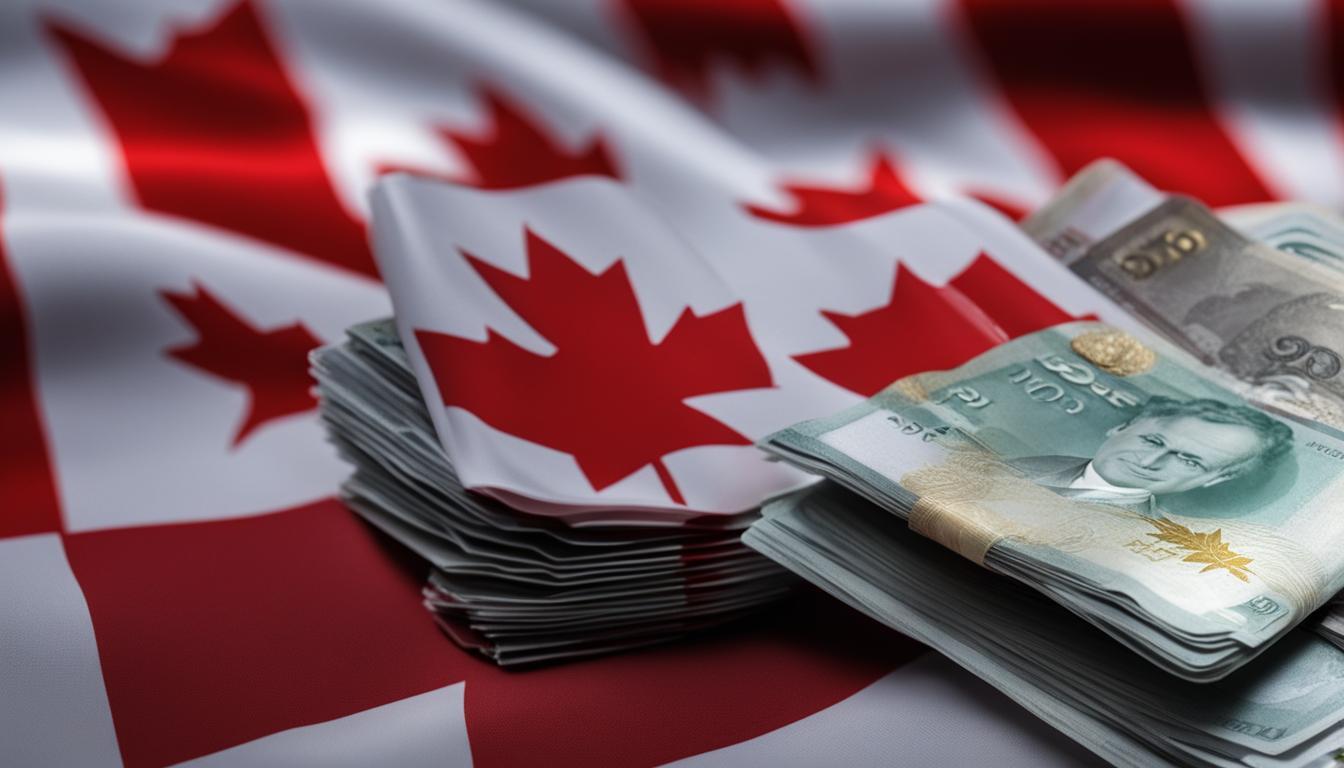





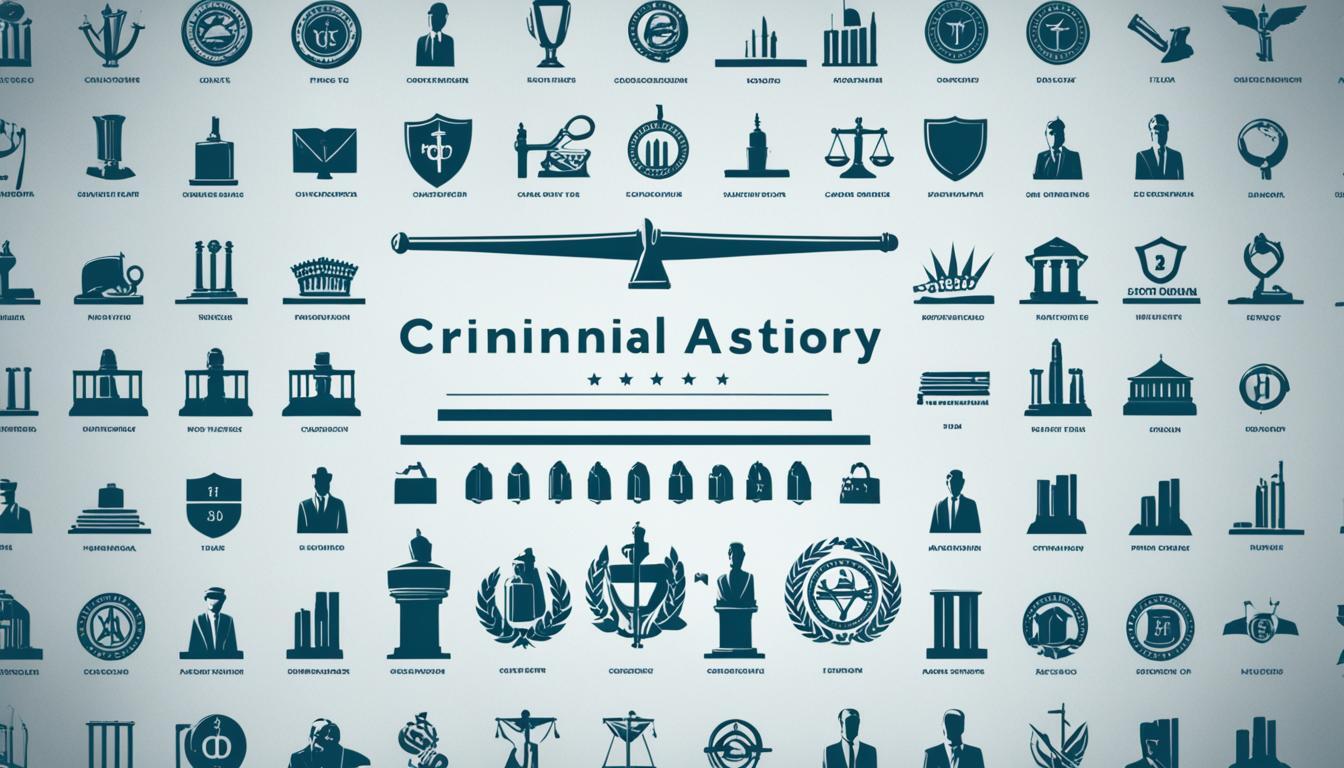










Post Comment